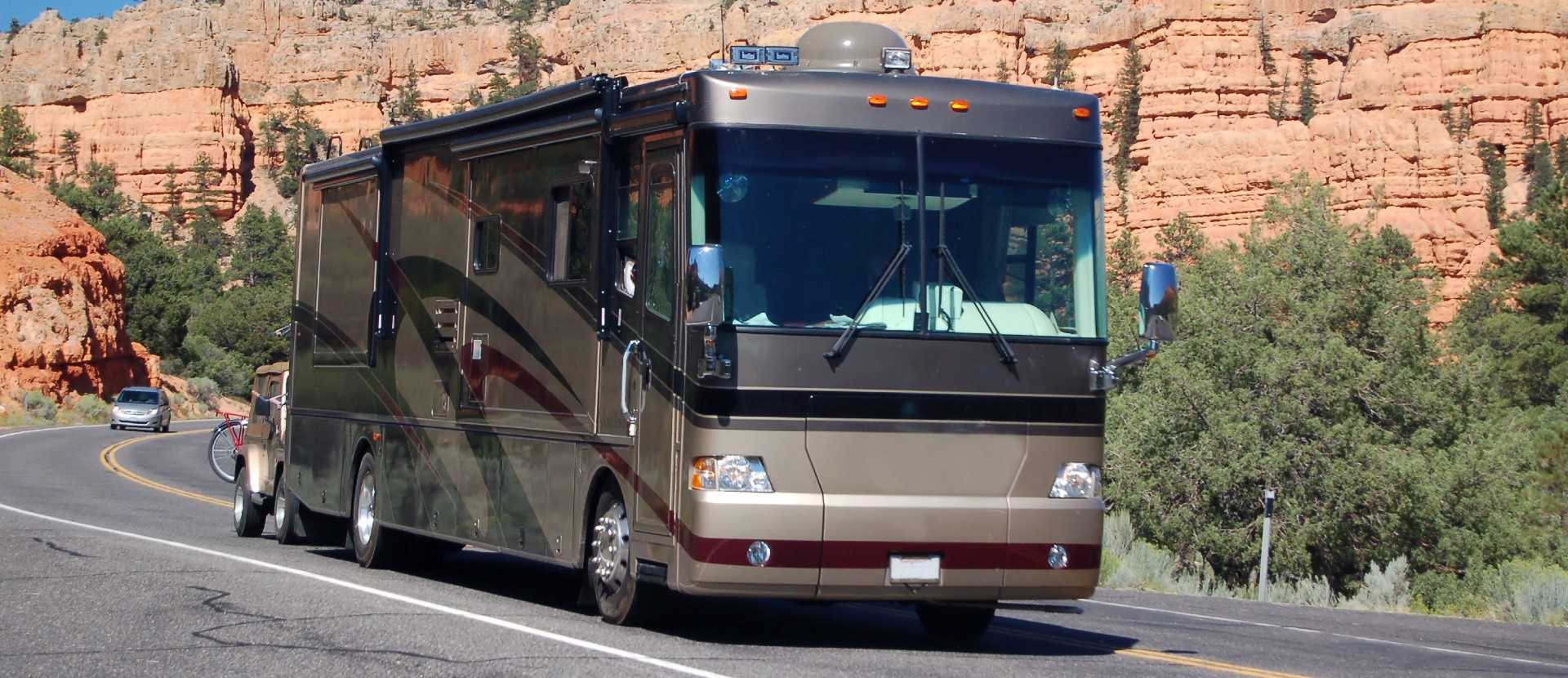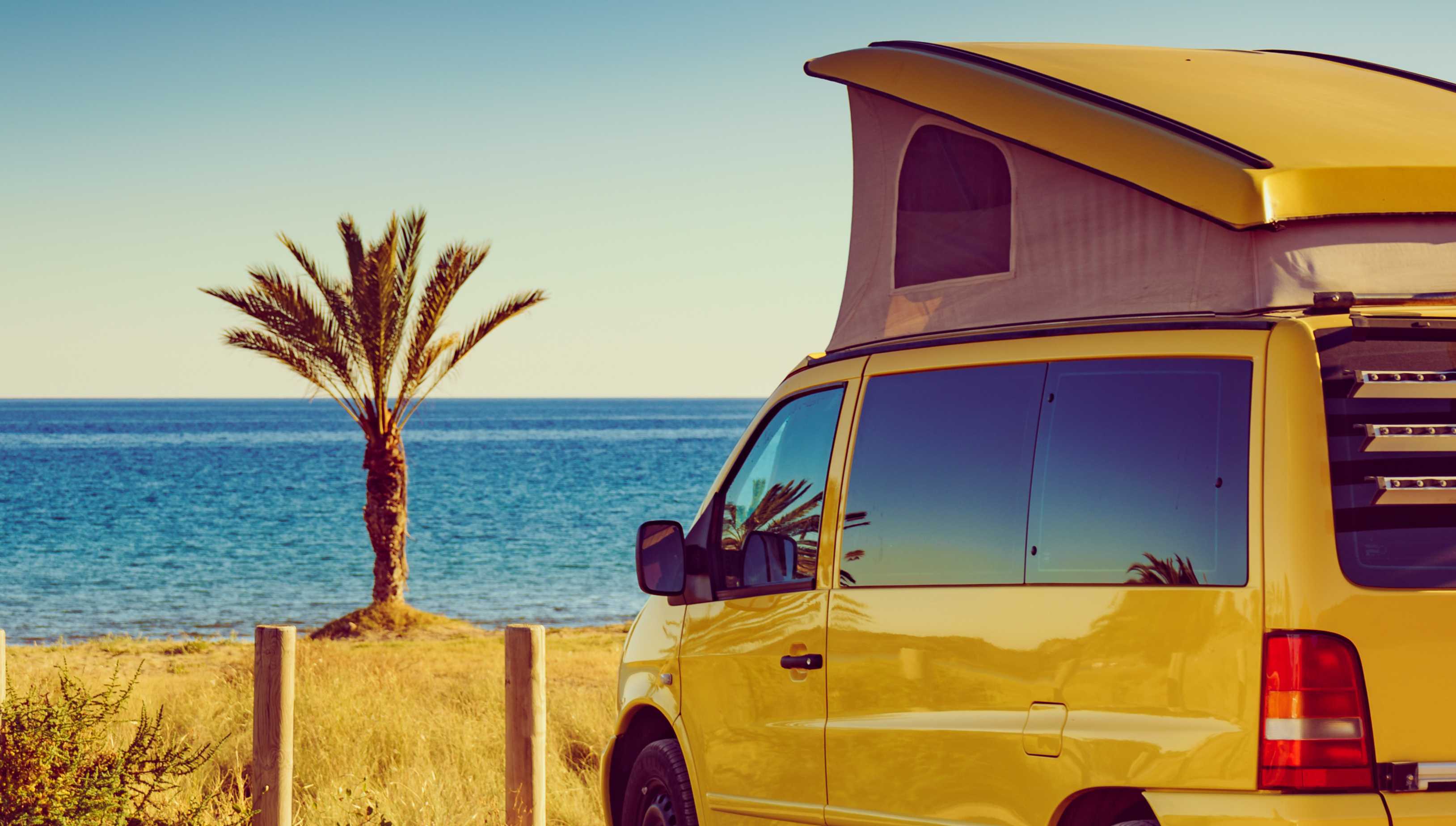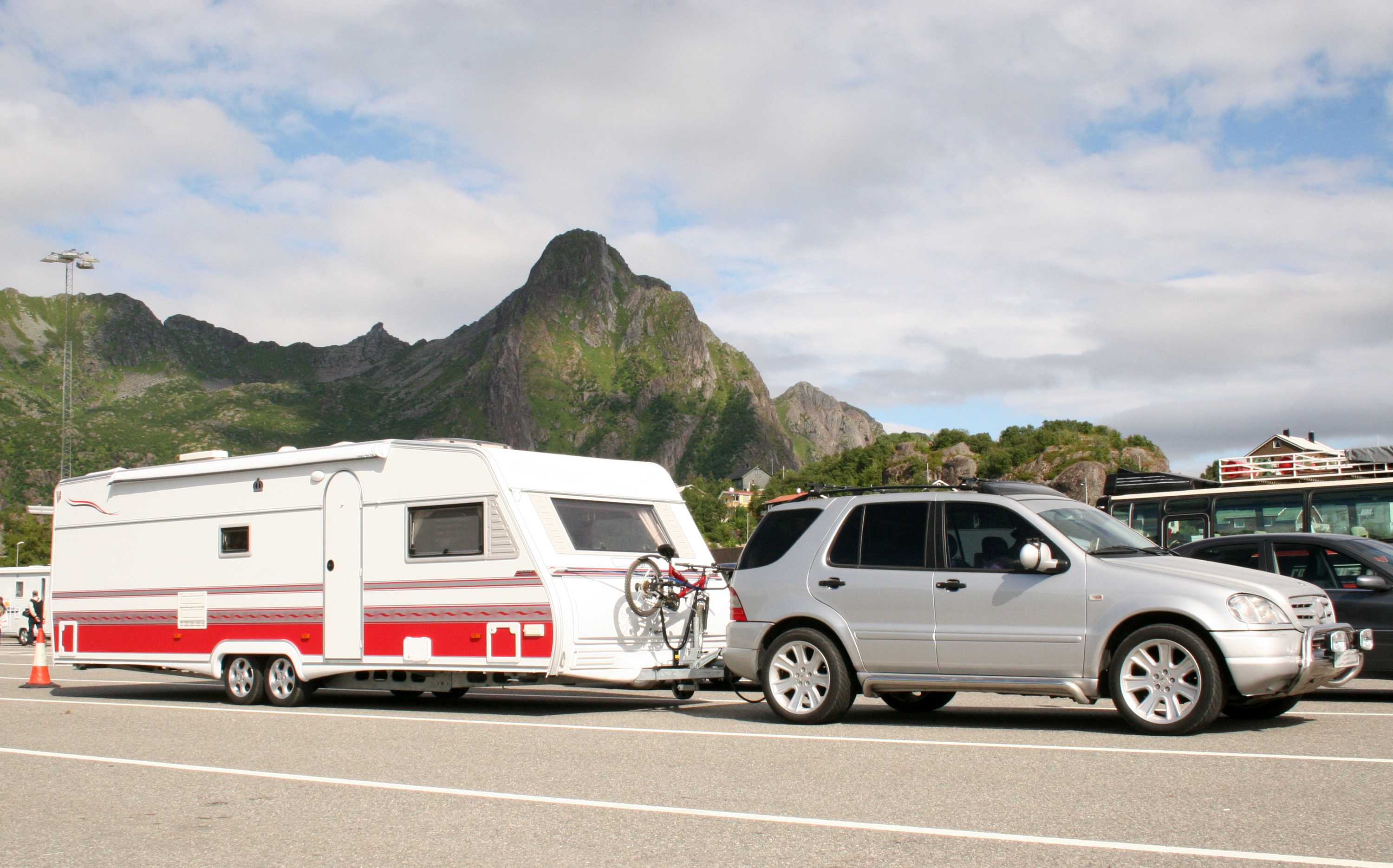
Class A, B & C Motorhomes – What’s The Difference?
Motorhomes are great for many reasons, they give you and your family the ability to go on holiday wherever you’d like without great difficulty, from days at the beach to nights outside around the barbeque, it really is a fantastic time.
Buying a motorhome can be a thrilling experience with plenty of options on the market and a whole world of exploration to be done, however it’s difficult to work out which motorhome would be best for you from the size, berths and the facilities available to you. When you add even more jargon into the mix such as different classes it can start to get quite confusing.
It is a big decision to make so you need to be sure that you are buying exactly what you need, after all it’s an expensive purchase so things must be as you’d expect them to be, the last thing you want is any nasty surprises.
Motorhomes fall into three different classes, Class A, B and C, well they mainly fall into classes A and C as B is strictly for campervans, but we will explain in detail what makes a campervan a campervan and not a motorhome. Each class has its own complexities with some requiring a specialised license to be able to drive them, it’s important to work out which is best suited to you and your needs.

Class A Motorhome
Class A Motorhomes are classed as motorhomes and not campervans, they are known as the ‘King of the camping ground’ and are the largest type of motorhome that you will find, they are built on strong, heavy-duty frames and can be as long as 40 ft in length which offers you a lot more space and luxury that you may not find in other motorhomes. Also known as ‘American RVs’, these vehicles will typically need to be covered with a suitable American RV insurance policy to be legally driven on UK roads.
From self-contained bathrooms, bedrooms and entertainment areas these really are at the top end of the spectrum and what your favourite music artists would likely be staying in whilst they are on tour. They are ideal for larger groups of people and families that require more space. These motorhomes both have pros and cons as you’d expect, it’s a larger motorhome, therefore, you can expect to be spending a lot more money on these but there is no doubt that you’d get your money's worth for this.
Because of their size, you can expect to be spending lots of money on fuel with a fuel economy of just 8-10 MPG which is absolutely terrible, plus you may be required to pass the C and CE license tests to drive these, otherwise known as Class 1 Heavy Goods Vehicle (HGV) license.
Pros
- Massive living space means more comfort levels
- Potentially more bathrooms and toilets for additional people
- Great for long journeys and holidays in the same place for increased times
- More storage space, great for bigger families
Cons
- Poor fuel economy
- Additional license may be required
- Larger, therefore more difficult to drive and park up which can cause issues
- May not be able to park on all campsites
- Servicing and toll fees are much higher
- Cannot drive down some rural roads due to their size

Class B Motorhome
These are very commonly known as campervans and are pretty much exactly that, they are a larger van that you can treat as a motorhome and live in, they are fairly small in size when compared to a regular motorhome or caravan with small space for standing and living in, however are great for smaller parties of people who want to have everything they need and do not have a requirement for more.
Class B includes purpose-built campervans and van conversions for those wanting to enjoy the van life which is growing in popularity. This smaller space does mean that things such as toilets and showers may not be included which can cause issues whilst out and about, they do however include a sleeping area and a small kitchen and dining area. This lack of size also means that you will be lacking in a lot of storage space and areas to keep items, but it has its pro’s also.
Of the three classes these are by far the cheapest and you will get what you pay for with these, if you need more space then we suggest you opt for the Class A or C motorhomes.
These have great fuel economy due to their size and are very easy to drive, they can fit into smaller spaces and can park virtually anywhere meaning they will fit onto campsites without any issues. You also do not need to take any additional tests to be able to drive these, they can be driven on a standard car driving license which is optimal for many people who prefer ease and simplicity.
Pros
- Great fuel economy
- Small and nimble making it easy to park and drive around
- Economic
- Cheaper to buy or convert
Cons
- May not have a toilet or shower
- Limit storage space
- Limited space in general
- Cooking isn’t fun due to a lack of space
- May require special insurance if it is a van conversion
- Van conversions need to undergo special checks by the DVLA

Class C Motorhome
Class C is much like Class A in the fact that these are fully blown motorhomes and not campervans, however they are the more compact and smaller versions of their massive Class A counterparts.
They have similar items that you’d find in a Class A motorhome including fridges, a kitchen and a place to sleep, but unlike Class B, they also include bathrooms and toilets which is great for those who don’t want to be making use of the countryside to relieve themselves.
These are the middle sized options and often max out at 30ft in length which gives you a lot of space in the living areas to move around in, there are many berth options from 2 up to 8 meaning you have plenty of choices dependant on how many people you aim to take with you, the more people, the higher berth.
They are built onto a cabin chassis and either have an over cab or rear sleeping area depending on the model you go for, if you have an over cab sleeping area you will get more area for living, but you can sacrifice this if you prefer to sleep in a dedicated room.
A big plus side to these motorhomes is that they are purposely built to fit within the driving regulations meaning there are no additional tests or licences that must be taken to be able to drive one of these, provided you have passed your driving test you legally can drive one.
Another pro is that they have fairly good fuel economy meaning you are not breaking the bank every time you want to go on a trip, they are also much more affordable to buy than their Class A counterparts and sit in the middle of the A and B classes with their price point and features. You also get a lot more space here than you would with the Class B motorhome with dedicated cupboards and often outdoor garages in the side of the motorhome allowing you to comfortably carry your items without having to cram it all inside the motorhome, sacrificing even more space.
They are much easier to drive than the Class A motorhomes meaning you can expect to have less issues when trying to navigate around in your motorhome.
Regarding insurance, you will find these cheaper to insure than a Class A motorhome, however may be more expensive than a Class B option. As with everything, there are some cons too, despite being more fuel-efficient than the Class A motorhomes, they are worse on fuel than the Class B which can be expected given their respective sizes, you may also need to book certain spaces in campsites if your motorhome is on the larger side which can be hassle.
The cost of servicing and maintaining these vehicles is much more than the Class B motorhome and could come with higher ferry and toll costs.
Pros
- Moderate fuel economy
- Easier to drive and park than Class A
- Ample storage space
- Lots of variations
- No need to take a new license test to drive
- Cheaper to insure than Class A
- More expensive to service than Class B
Cons
- Moderate fuel economy
- Possible higher fees for ferries and tolls
- May need to book special campsite spaces
- More expensive to insure than Class B
- Cheaper to service than Class A
Conclusion
To conclude, no matter how many people you are looking to bring or your budget, there is something for everyone with many options available in each subcategory.
Whether it’s space you’re after or an easy trip, there is a motorhome or campervan for you, hopefully this article helps you to make a more informed decision on your purchase so that you know if you need either a Class A, Class B or a Class C motorhome or campervan.
See how much you can save
Compare quotes from over 40 insurers
